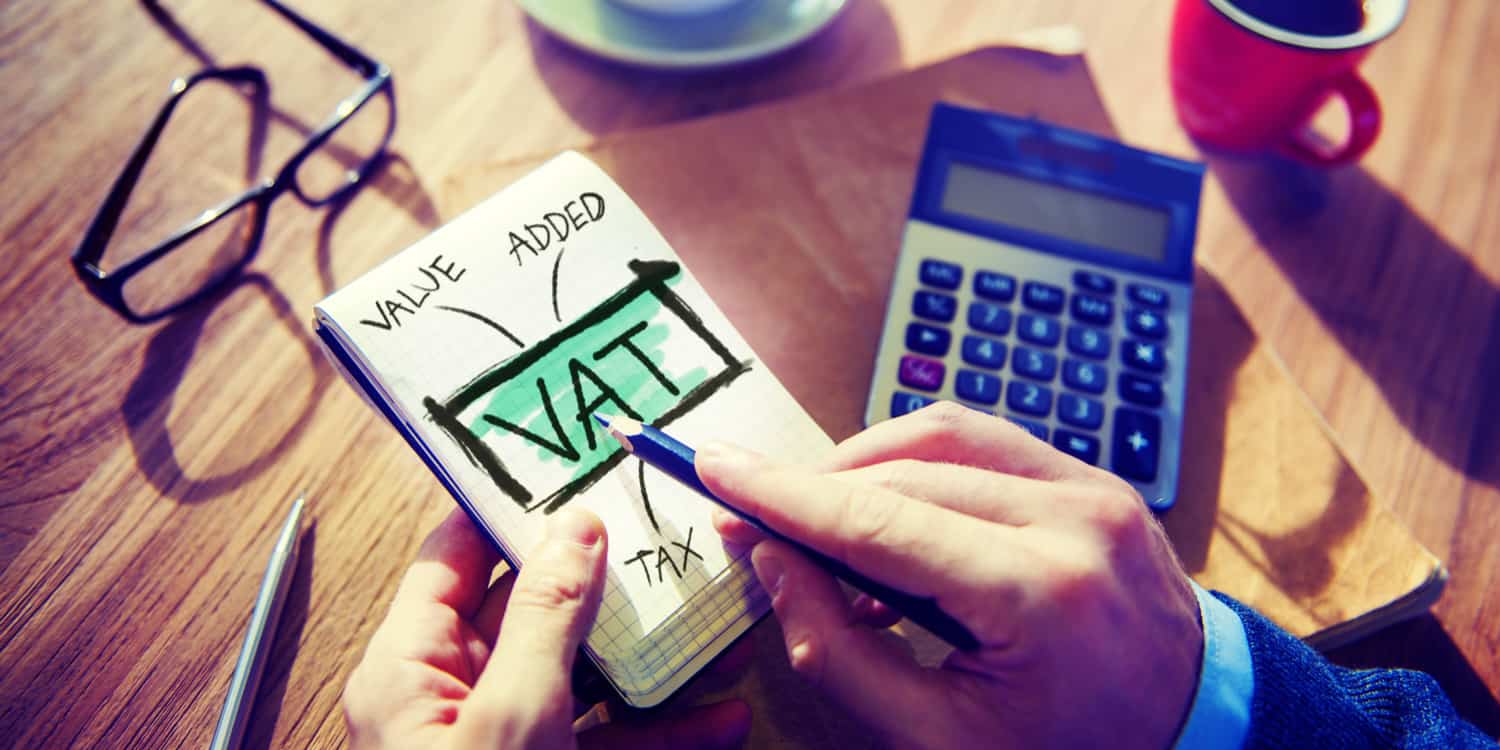The UK’s exit from the European Union on January 1, 2021, completely changed the rules of the game for those who provided their services in this country but were officially based in another state. Now, these companies are faced with new tax rules. Undoubtedly, this entailed many difficulties and misunderstandings since it is still not completely clear and understandable. In this article, we are going to take a look at what you need to know if you are an overseas provider in the UK.
For Digital Service Providers
How Can I Register for Taxes?
Before we start talking about registering for VAT, we need to understand who you provide your services to. If you provide services to enterprises and companies (you are the so-called B2B provider), then you may well avoid all procedures. However, if your services are used by individuals, then be sure that you cannot avoid registration. You can consult with HMRC representatives or tax advisors to know exactly which category you belong to.
We need to mention that here, we are going to talk only about those businesses that cooperate directly with individuals.
So, from the very beginning of 2021, remote B2C digital service providers need to register for paying taxes. The country simply does not allow continuing their business for those who have not done this yet. But we hasten to please you: you do not need to send your agent to this country as you can do everything using your computer.
This procedure is not really difficult. It only includes three steps, so let’s take a closer look at what it includes.
- Online registration can be done through the official website gov.uk. Scroll down a bit on the VAT registration page and you will see the “register online” link. It will result in a page where you can create your VAT account.
- After creating your account, you need to provide all the required information about your business.
- Check all the data you provided and finally submit your application.
What Do I Need to Do Next?
Do not forget about your account. Within a month, you will receive confirmation of registration to this account. This document will contain all the information you need, namely: your UK VAT number, when your registration takes effect, and when exactly you need to submit the first tax return and pay taxes. Remember that you should keep tax records and the VAT account as well.
What if I Have a Non-EU Business?
If your company is registered in any other non-EU country, the easiest way is to register it in an EU country! However, just like in the previous case, this applies only to B2C organizations. If you are a B2B provider, do not worry about this registration.
You can choose any country for registration, it depends only on you. What do you need to do? We also defined five steps for you so that you can register for UK VAT MOSS correctly.
- Determine the country you want to select and go to its VAT portal.
- Provide all the necessary information about your company as well as your bank account details.
- Then you need to provide information about yourself.
- Enter details about your company’s VAT history.
- Make sure you have entered the up-to-date and correct information and submit your application.
After registration, you will also receive a new VAT number as well as all the necessary information on your further actions.
For Physical Product Providers
How Can I Register for Taxes?
While digital service sellers can apply online, there is no such option for physical product sellers. Here, you will have to turn to the post for registering. You will be provided with two forms of documents VAT1 and VAT1A which you need to fill in.
After finishing registration, you will be sent a confirmation document within a month. This document will contain all the information you need. It includes your UK VAT number, when your registration takes effect, and when exactly you need to submit the first tax return and pay taxes.
What Do I Need to Do Next?
Now, no matter how much your goods are priced at, you are required to pay VAT since as soon as they cross the UK border, they become imports. And all imports are subject to taxation. Keep in mind that these rules apply to those who provide their products directly to consumers (B2C). B2B providers are another story.
So, if your products are valued at less than $180, then taxes are charged immediately at the point of sales (they are usually 20%). If your products are valued at more than $180, you need to pay taxes when they cross the border of the United Kingdom.
Major changes in business and government laws always lead to difficulties and confusion. That is why it is so important to clearly understand all the details so that your business can continue to grow and flourish. We hope this information was useful to you and helped to better clarify the taxation process in the UK after Brexit.


